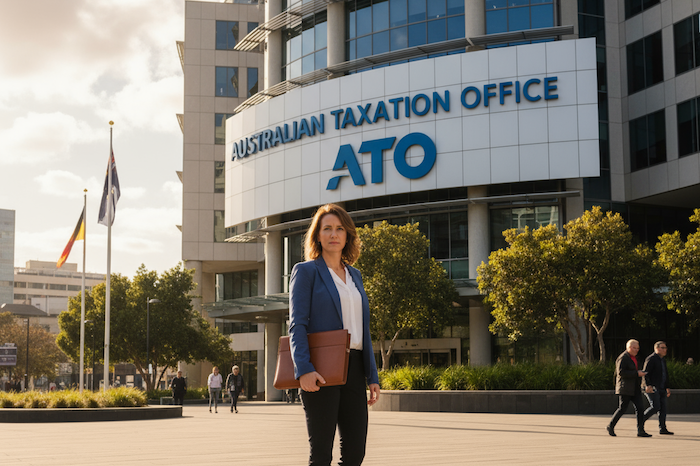Can Eliminating Debt Help You Build Wealth?
We provide a full range of financial planning services to our Perth clients, but one of the first questions we ask if you plan to build wealth, is about your level of debt. At Approved Financial Planners, the road to effective financial planning begins with taking charge of your debt and monthly expenses.
We can help you set up debts such as credit cards, student loans, leases, mortgages and personal loans in a way that helps you minimise interest payments that could be spent towards securing your future.
Debt isn’t always bad, but when it drags on without a plan, it can severely hinder wealth-building. Getting rid of the wrong debt changes your financial landscape: more cash flow, less risk, more freedom to invest, save, and plan for the future.
Types of Debt: Personal vs Income-Producing Debt
To set a foundation, it’s crucial to distinguish between personal (or consumer) debt and income-producing debt. The difference matters:










